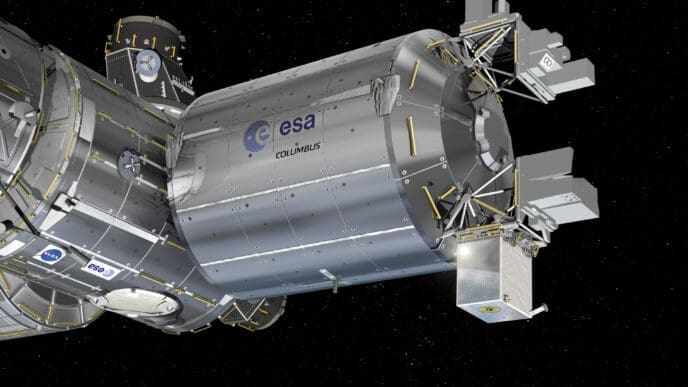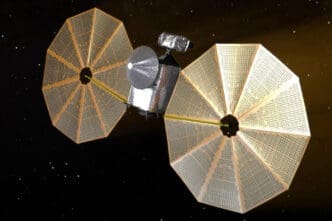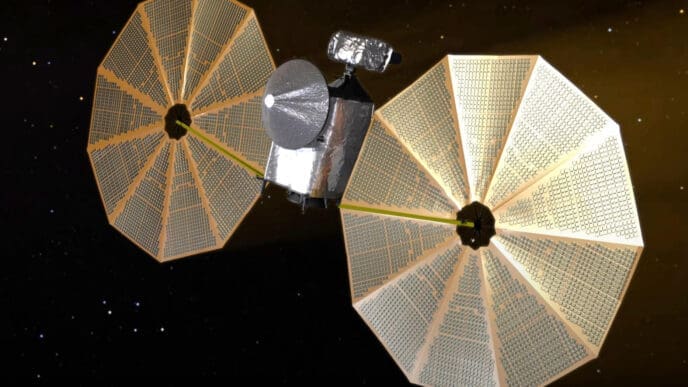Spacecoin, a burgeoning player in the tech industry, has marked a significant milestone by successfully establishing communication with its debut satellite designed to initiate a decentralized space-based network. Launched on December 21 aboard a SpaceX Falcon 9, this satellite is part of a broader vision to revolutionize connectivity using blockchain technology.
Tae Oh, Spacecoin’s founder, confirmed the regular communication with the satellite post-launch, highlighting the project’s potential to enable direct connection between users and their content providers without relying on intermediary permissions from governments or telecommunications companies. This approach is set to reduce dependency on central authorities, enhancing both security and censorship resistance in communications.
The satellite launch is not just a technological triumph but also a strategic business maneuver, as Spacecoin aims to test its small satellite, CTC-0, early next year. Initially, the venture will demonstrate space-enabled text messaging through a specialized handheld antenna, with the ultimate goal of achieving direct communication with standard smartphones.
Derived from Gluwa, a U.S.-based software firm, Spacecoin leverages the Creditcoin blockchain to manage its satellite constellation securely. CTC-0, which stands for Creditcoin, acts as the transaction currency within this network. The decentralized operation model allows investors to contribute by deploying satellites, offering them a share of revenues proportional to the usage of their assets.
Stuart Gardner, CEO of Spacecoin, elaborated on the benefits of their decentralized network. In an example scenario, he explained how satellites launched by a Nigerian telecommunications company could remain active beyond national borders, serving other regions within the constellation. This model maximizes the satellites’ utility and revenue potential across different jurisdictions.
The first prototype, built on Endurosat’s 8U platform, measures considerably larger than typical cubesats. The subsequent satellite, CTC-1, slated for launch next year, will double in size to 16U, marking a shift towards larger microsatellites to enhance performance. Spacecoin plans to open-source their payload designs, inviting other companies to join the network, thereby expanding the decentralized framework.
In terms of application, the initial focus will be on providing connectivity at low data rates. Envisaged services include text messaging and small-scale tracking, with satellites capable of providing connectivity in the range of hundreds of kilobits per second. Eventually, the plan is to develop capabilities for higher data rates to support voice communication.
Spacecoin’s vision extends to underserved regions, aiming to tap into markets with limited internet access. For instance, discussions are underway with potential clients in India to offer basic SMS services to millions of fishermen, currently without sea-based communication options.
By utilizing blockchain-based infrastructure, Spacecoin hopes to slash internet costs in emerging markets to $1-2 monthly per user. The venture’s initial testing phase in Nigeria, already granted the Mobile Satellite Services spectrum license, represents a crucial step.
Despite competition from established players like Viasat, Iridium, and initiatives by SpaceX, Spacecoin’s unique blockchain strategy for decentralized satellite services positions it as a formidable contender in the global connectivity arena.
Spacecoin’s initiative to deploy a decentralized satellite network underscores the potential of blockchain technology in transforming global communications. As the network expands, it promises to offer more inclusive and cost-effective connectivity solutions, especially in underserved regions.
Source: Spacenews











